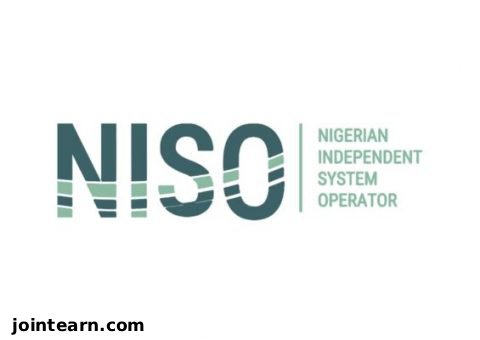
The Nigerian Independent System Operator (NISO) has called on stakeholders in the Nigerian Electricity Supply Industry (NESI) to adopt embedded generation and off-grid solutions as a strategy to minimize transmission losses.
At the 5th Annual Conference of the Power Correspondents Association of Nigeria (PCAN) in Abuja, Engr. Lamu Audu of Mainstream Energy Solutions, represented by NISO Managing Director Abdul Mohammed, explained that embedded generation involves electricity plants that bypass the national transmission network to supply consumers directly. Mini-grids, typically under 1,000 MW and often powered by renewable energy, are another key approach.
Audu emphasized that the 2023 Electricity Act empowers states to implement decentralized energy solutions, highlighting the potential of embedded generation to boost efficiency and reliability in the power sector.
He also stressed the importance of tariff design, describing it as “the heartbeat of the power sector.” Tariffs must strike a balance between:
- Commercial sustainability – allowing utilities and investors to recover costs and earn credible returns.
- Social fairness – ensuring that Nigerians are not pushed further into energy poverty.
The conference theme, “Cost-Reflective Versus Energy Poverty: Finding a Pricing Balance in Nigeria’s Power Sector,” reflects the ongoing challenge of designing tariffs that sustain the industry while keeping electricity affordable.
PCAN Chairman Obas Esiedesa highlighted that the conference has become a key forum for dialogue among journalists, policymakers, regulators, operators, investors, and civil society on the challenges shaping Nigeria’s power sector.


Leave a Reply